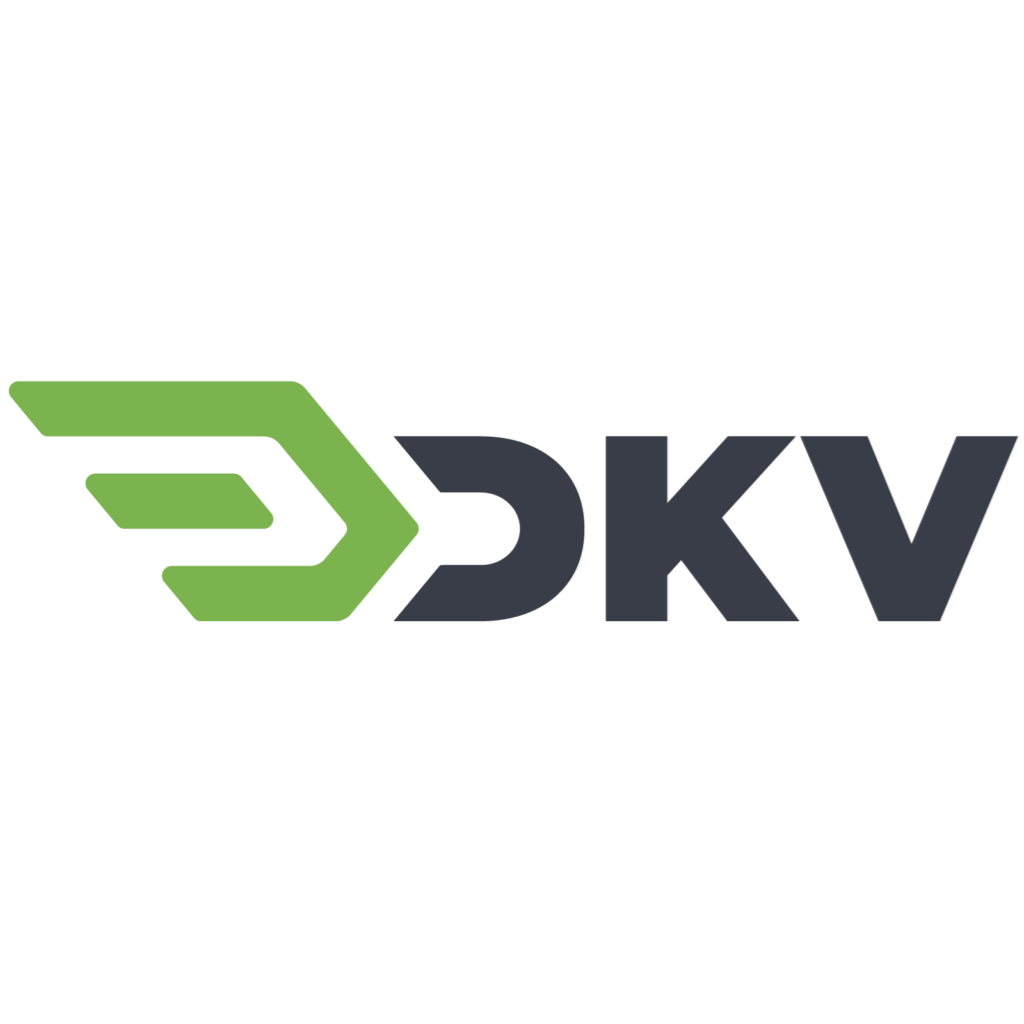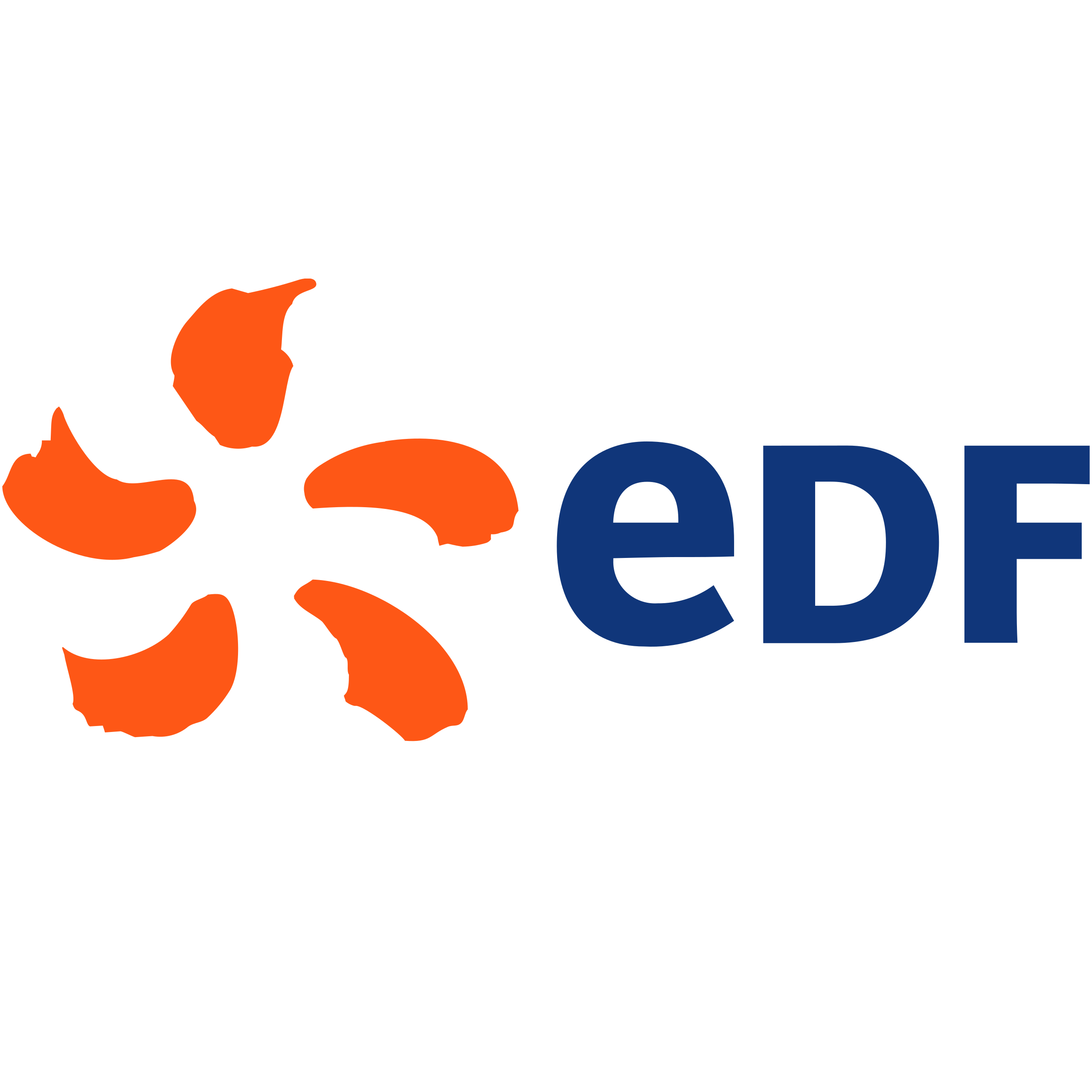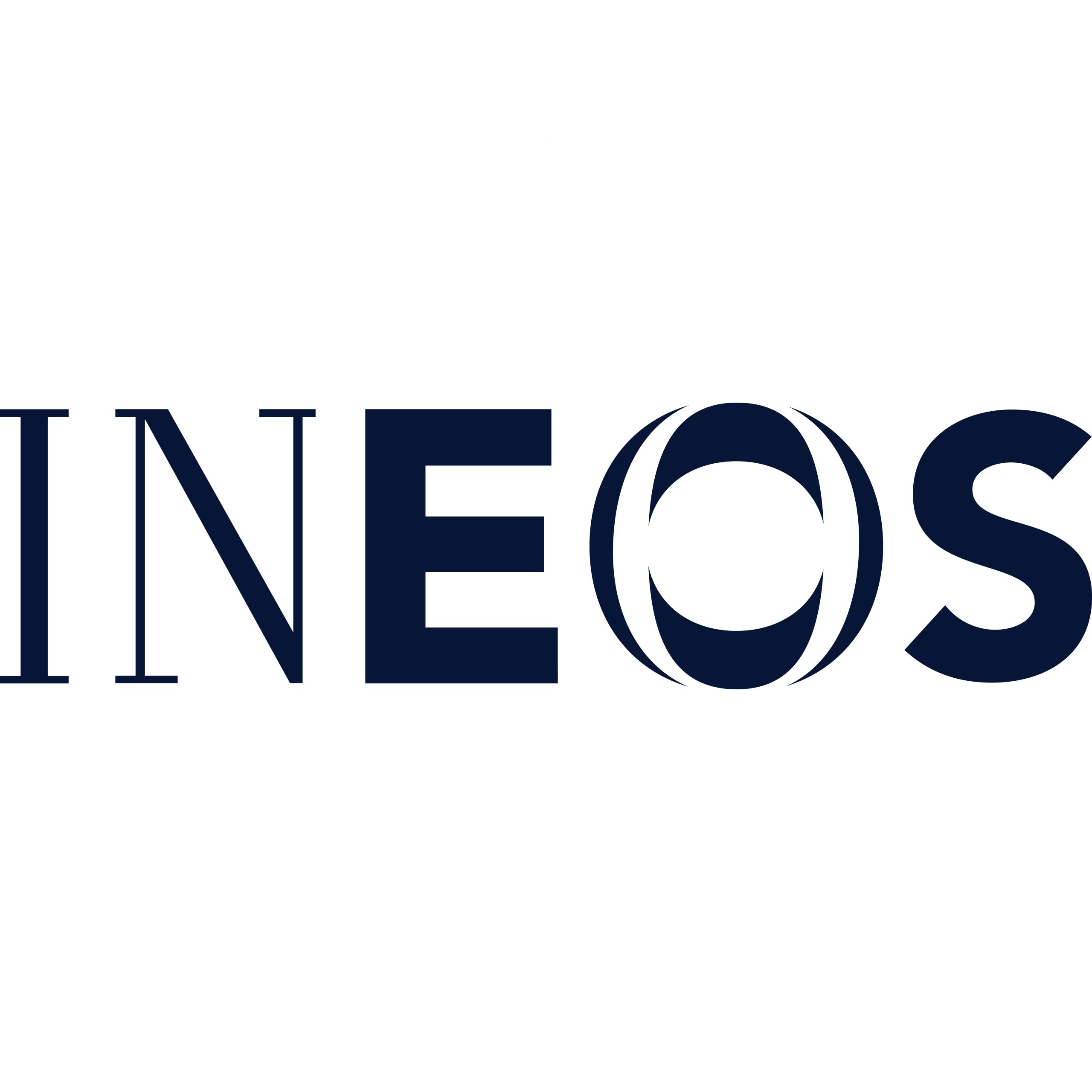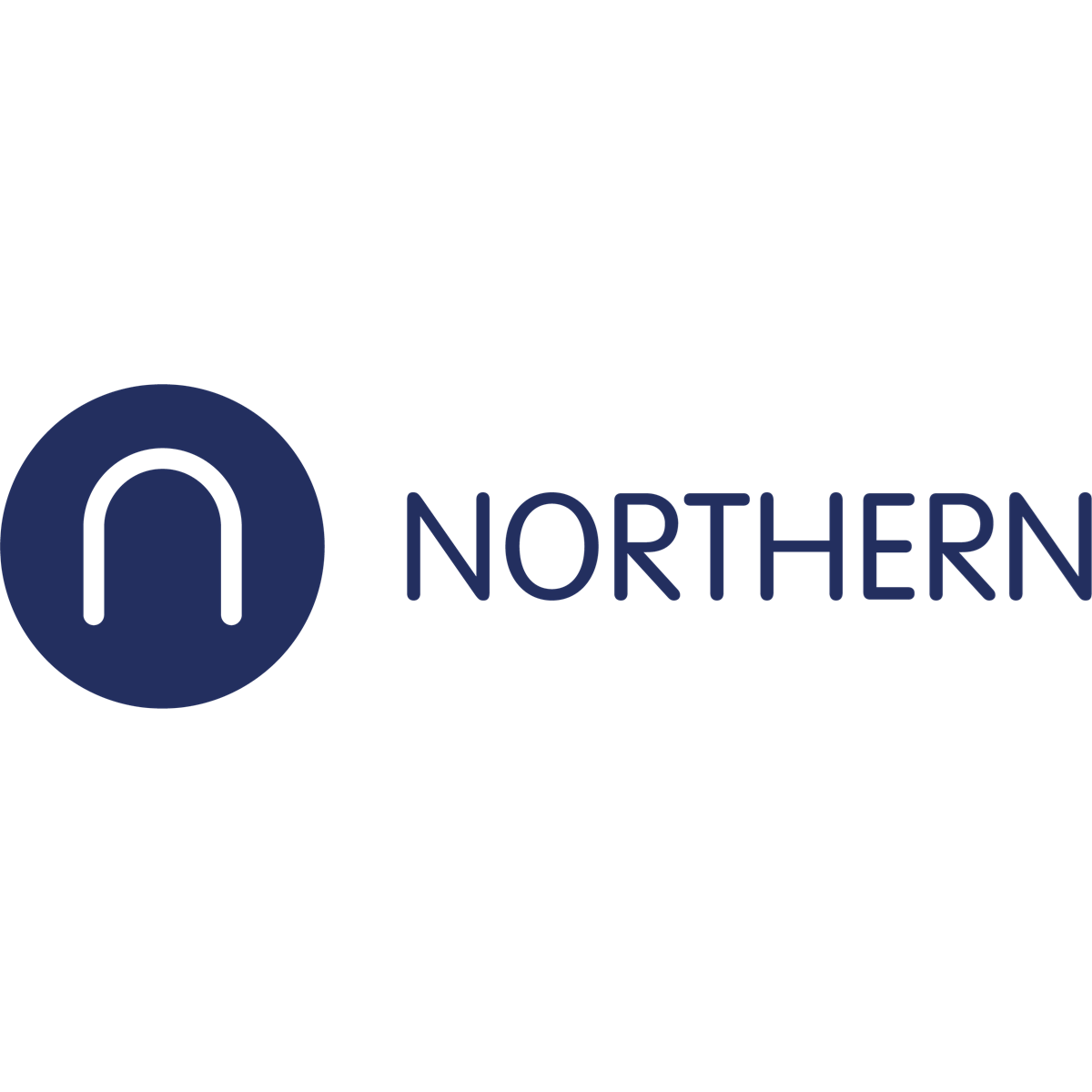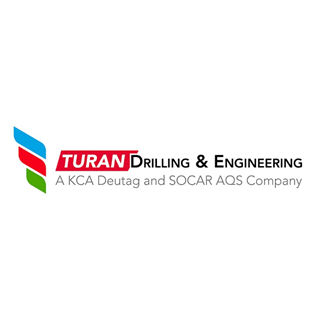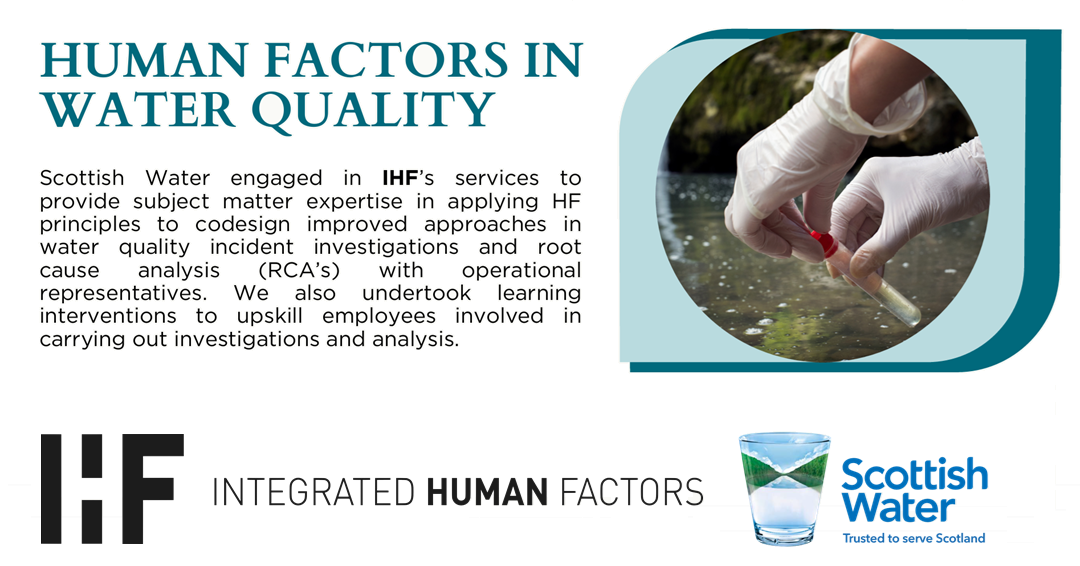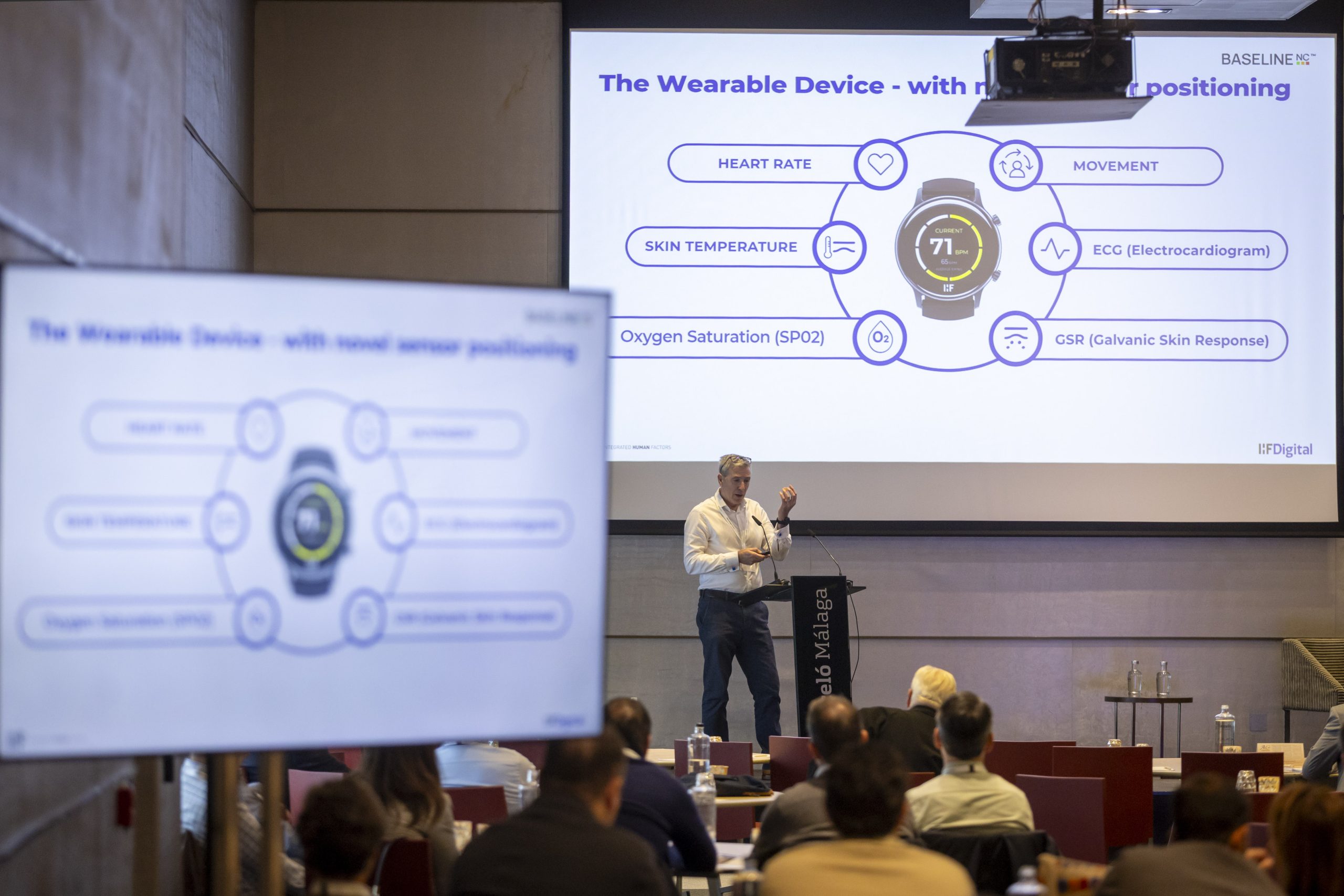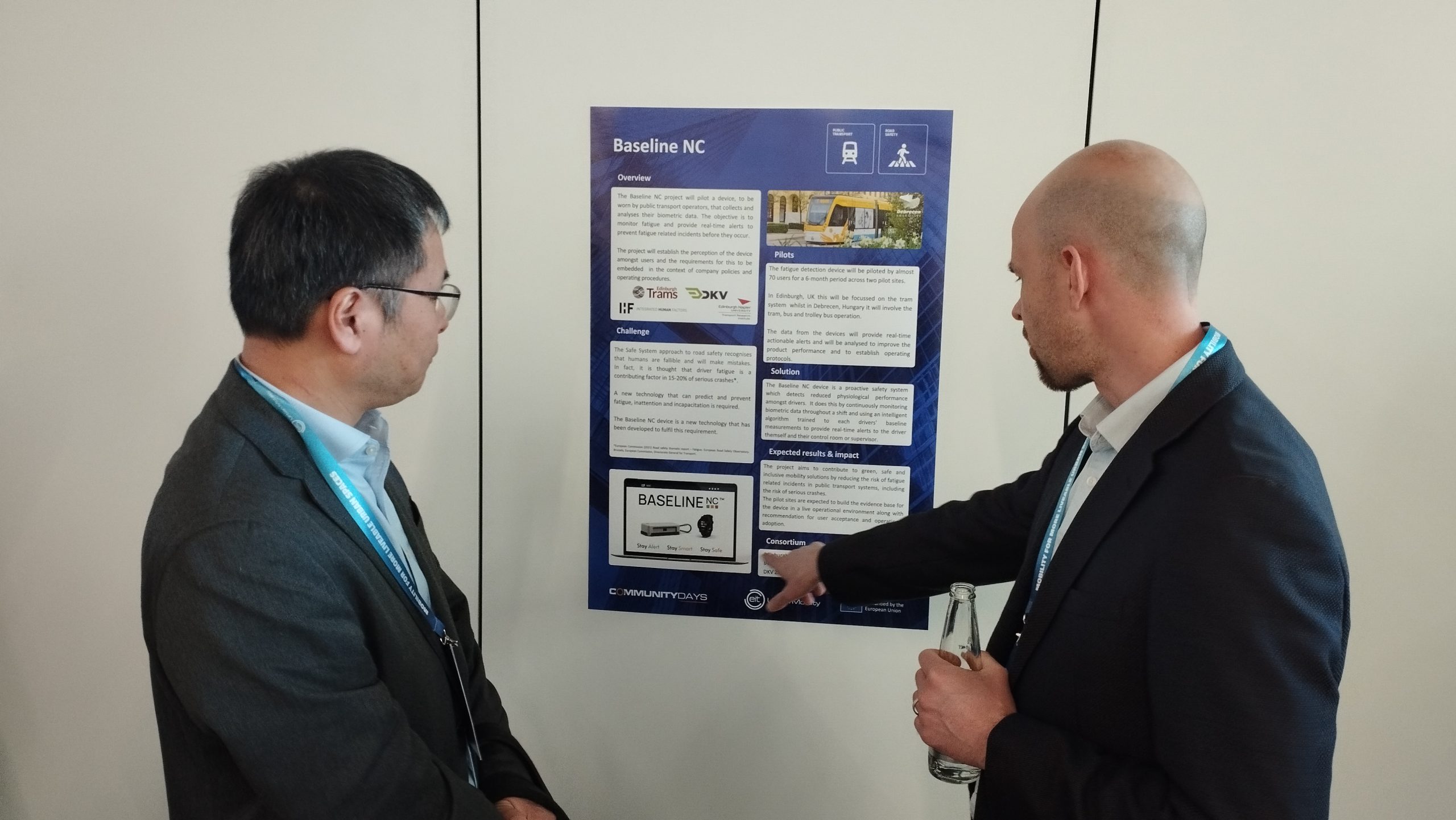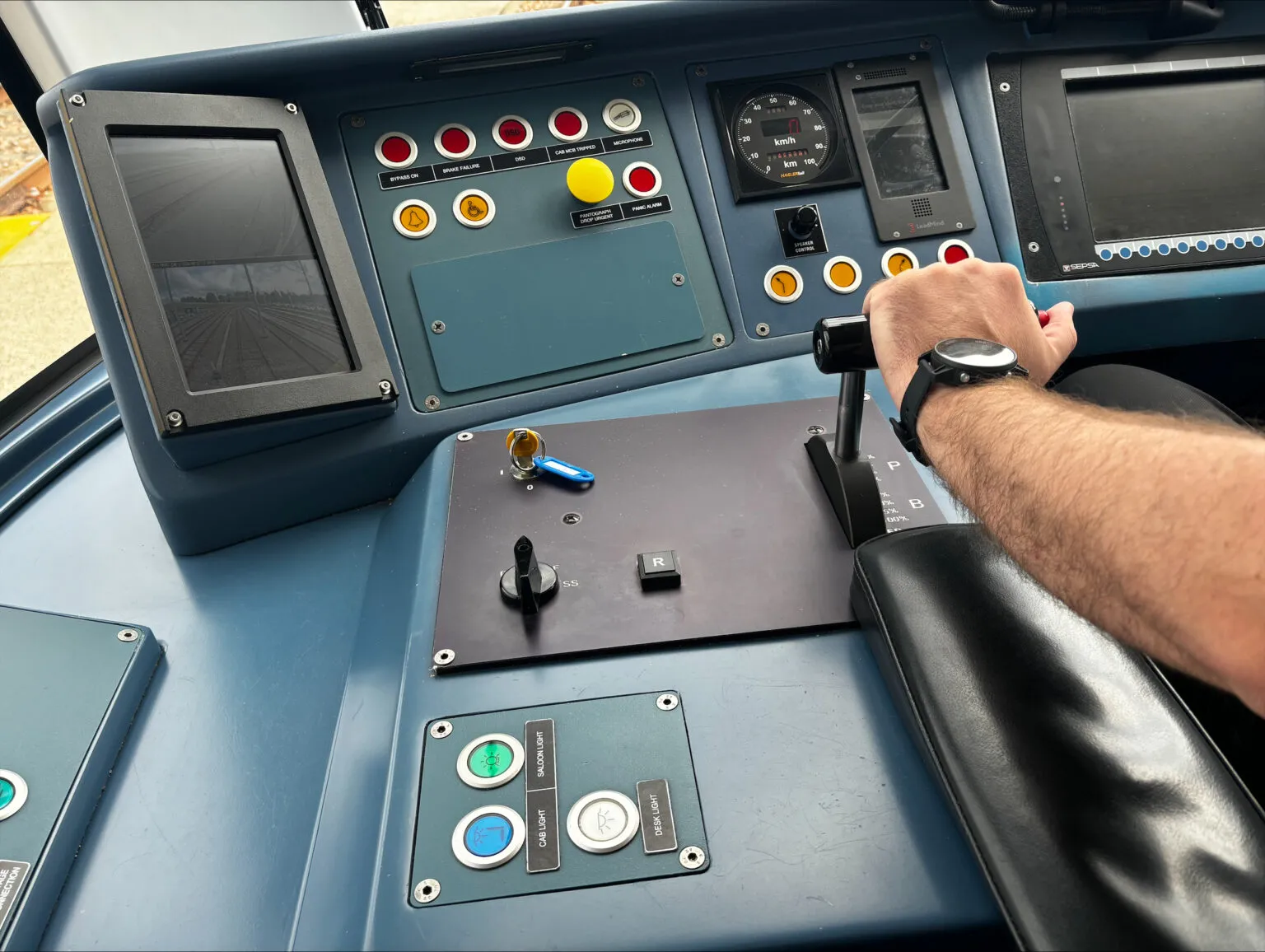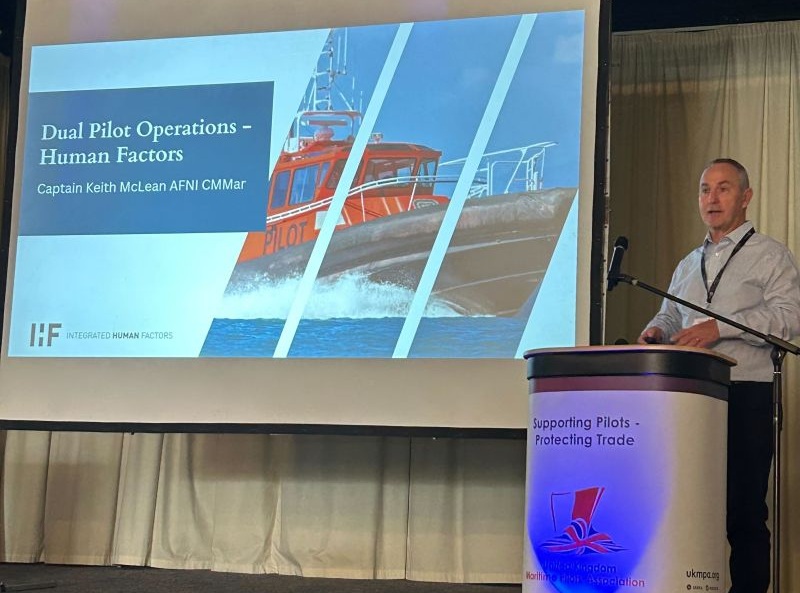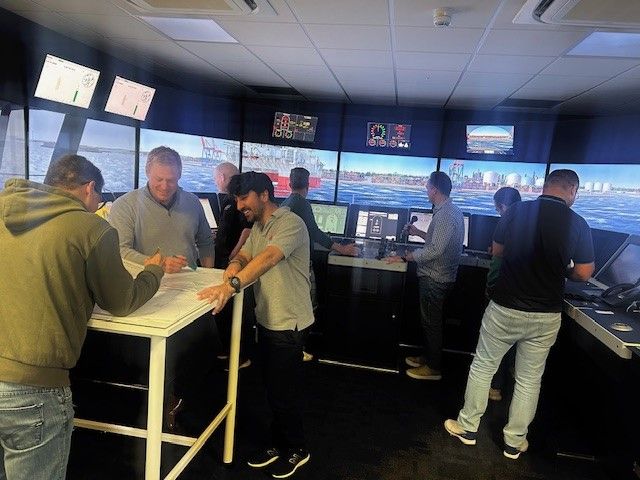Global Leaders in Human Factors
"We reflect our knowledge of human factors on our own experiences in industry which has allowed us to better relate to our clients and provide them with pragmatic and effective solutions."
Neil Clark: Founder and CEO of Integrated Human Factors (IHF Limited)
IHF Provide Frontline and Practical Human Factors Experience
Award-Winning Global Human Factors Specialists
Established International Clients
Cross-Industry Experience and Expertise
Aerospace and Aviation
Aviation and aerospace is IHF’s heritage. Founded by ex-RAF pilots, we sincerely believe that our aviation “field” experience has expanded our perspective and understanding of human factors allowing us to deliver human factors consultancy and training to the highest standards. We possess a wealth of experience in both aviation and aerospace sectors, with a significant track record of human systems integration (HSI) in the aerospace and defence sector. Our team has been involved in numerous complex projects globally that focus heavily on HSI and understand the challenges currently faced by organisations grappling with the increased integration of automation and new technologies. IHF also has significant experience designing, developing and delivering industry leading aviation and aerospace training. IHF is a preferred supplier to the UK Ministry of Defence (MoD) and UK Civil Aviation Authority (CAA).
Finance
From regulatory changes to operational resilience, the banking industry is changing. IHF can help your workforce adapt with a human assurance programme. Using proven human factors techniques, we will review any service, procedure or process within your organisation, and pinpoint the vulnerabilities associated with human interaction. Using probability modelling we can simulate the likelihood and type of failure that could contribute to a major incident. If your business involves people interacting with processes that have the potential for unintended consequences, human factors should form a core part of your risk management strategy.
Healthcare
From health board to ward, IHF works with a variety of healthcare trusts and health boards across the UK. We have consulted and trained for a variety of concerns including patient journey mapping, ward layout and optimisation, fatigue management and communication, as well as conducting human factors awareness training for staff at all levels. Human factors integration can improve many areas in a modern hospital setting. Implementing a holistic human factors strategy in a hospital and other healthcare environments can enhance performance, improve staff morale, avoid unnecessary duplication, improve patient care, reduce occurrences of potential costly incidents as well as reduce costs from everyday activities by improving efficiency and performance.
Marine and Maritime
Analysis of shipping disasters in recent years has highlighted the central importance of the “human element” and the contribution of human factors in maritime incidents and accidents, IHF works across this industry making sure that that people are safe in the workplace. The Costa Concordia, Lamma IV and MV Sewol disasters are very recent examples of the human in accident causation within the high-risk environment of marine. IHF is a leading provider of human factors expertise, which is heavily dependent on shipping for a variety of reasons.
Click here to view the latest maritime IHF news and updates.
Nuclear
Our consultants have over 20 years’ experience in the nuclear and defence industries, with expertise in human factors substantiation, integration and design. IHF has extensive experience supporting clients to meet the human factors requirements of their safety cases. Nuclear is one of the most regulated industries, with strict health and safety standards that must be continually adapted during a nuclear facility’s life cycle. A core part of this adaptation is the safety case. IHF specialises in supporting organisations by integrating human factors into these safety cases. This ensures that systems, processes and human performance considerations are appropriately addressed, contributing to both compliance and the enhancement of safety across the nuclear facility.
Oil and Gas
Our human factors experience in the oil and gas industry is second to none, which is why we are trusted by some of the industry’s biggest corporations. IHF possesses significant operational and corporate human factors experience within oil and gas and our pragmatic approach has seen IHF successfully support major North Sea operators such as BP, CNOCC and EnQuest to deliver cost effective and measurable outcomes that reduce the risks for human error. Complementing human factors consultancy services, IHF have experience designing and delivering highly experiential and interactive human factors training for organisations of all sizes within complex and or safety-critical organisations.
Rail
IHF has proven experience designing systems and training for rail companies for several years. We identify the human strengths and vulnerabilities within the context of the systems under observation and use that to tailor to each organisation’s specific needs. Explaining plainly and pragmatically the impact and benefits of human factors on the operational environment is a significant challenge for any complex organisation to manage. Technically competent frontline and supervisory employees in safety-critical industries such as rail want to know how human factors interventions can make them better at what they do and more importantly do it safely.


